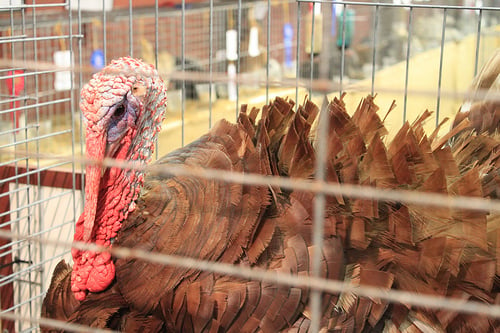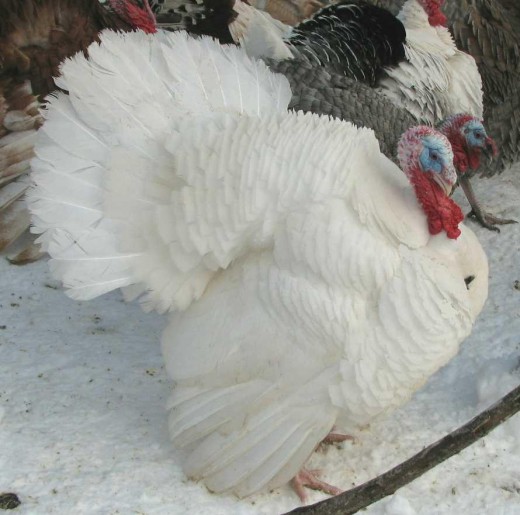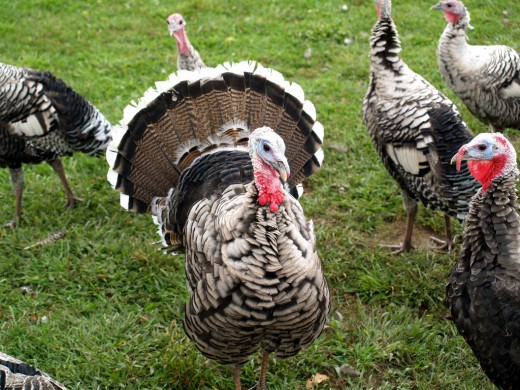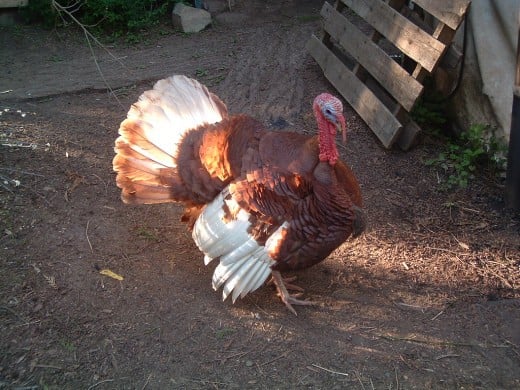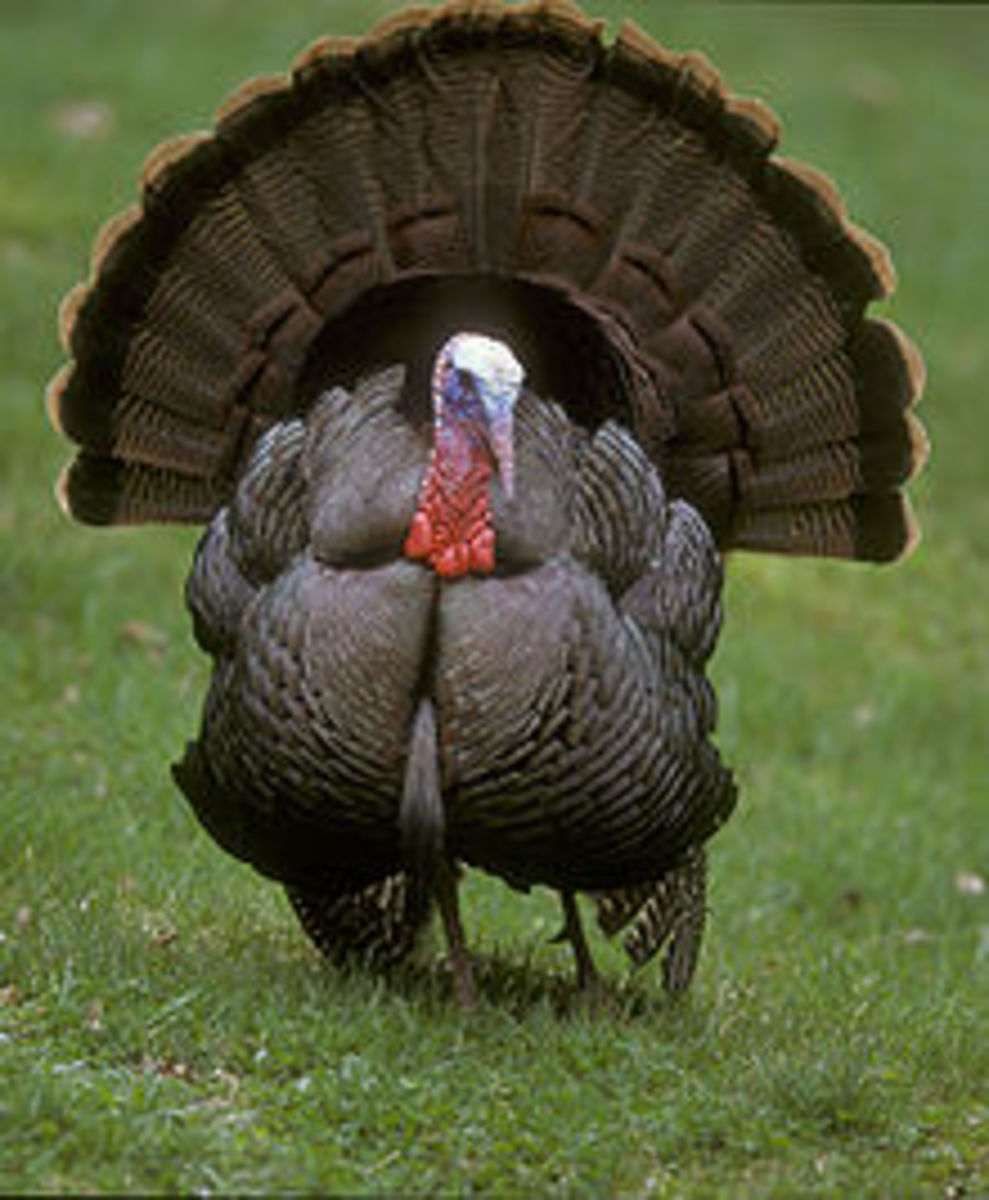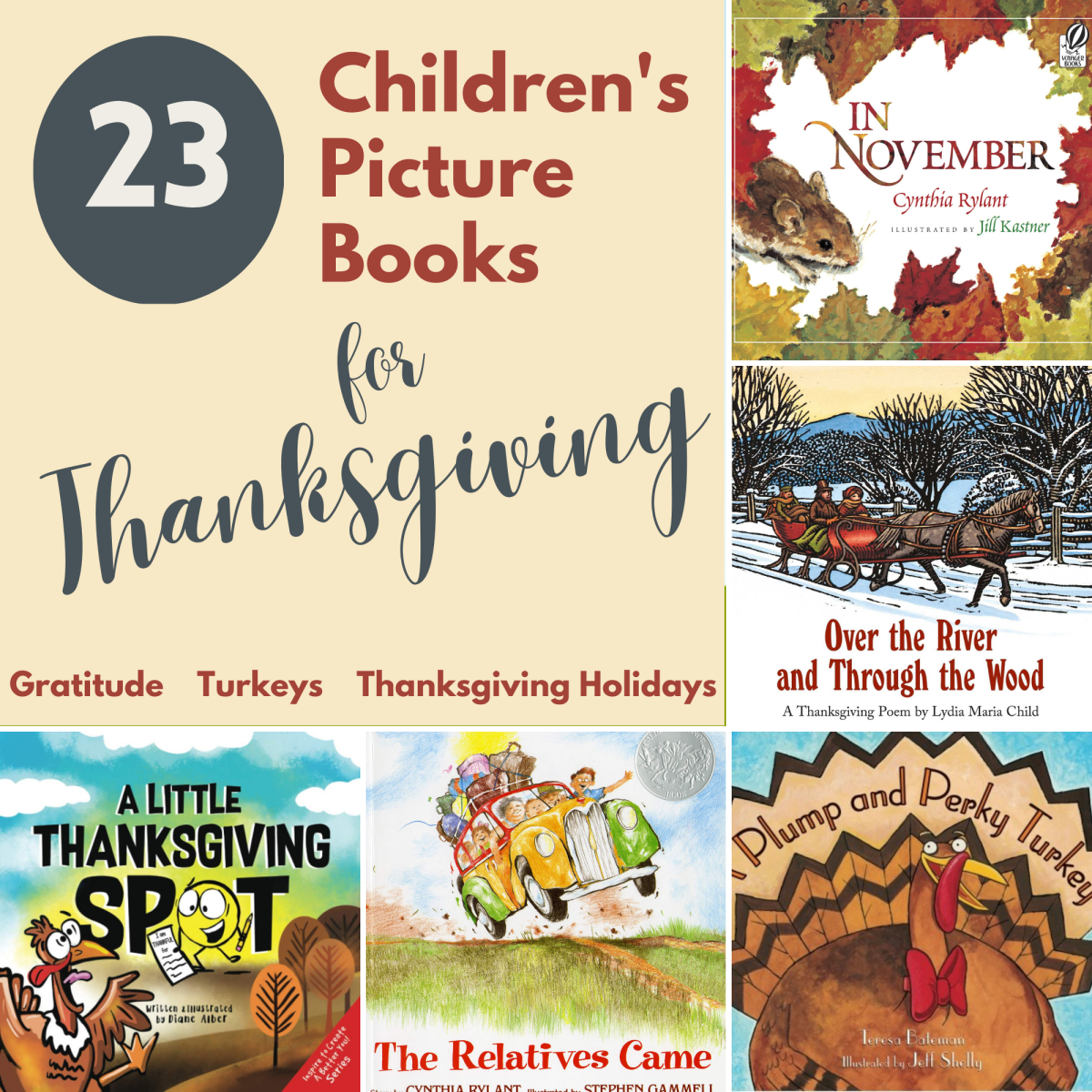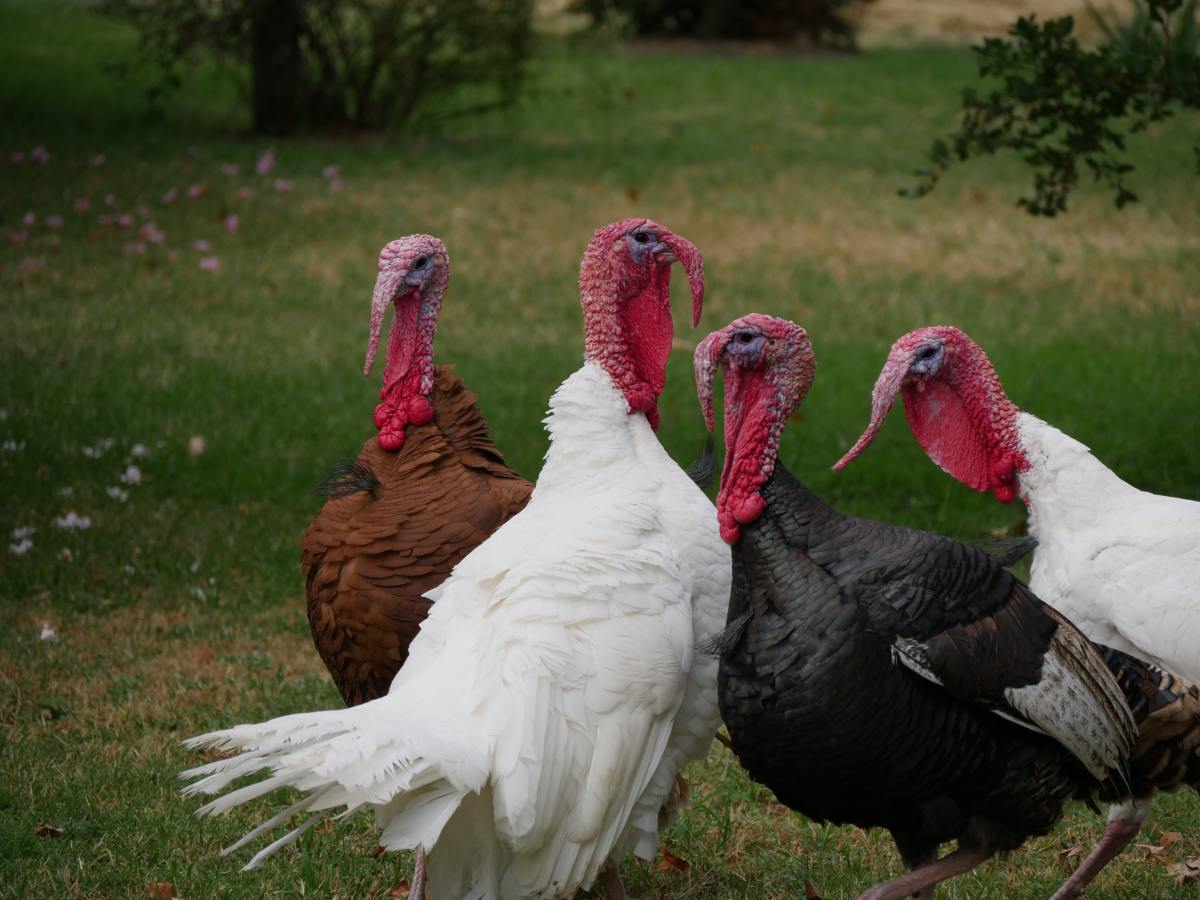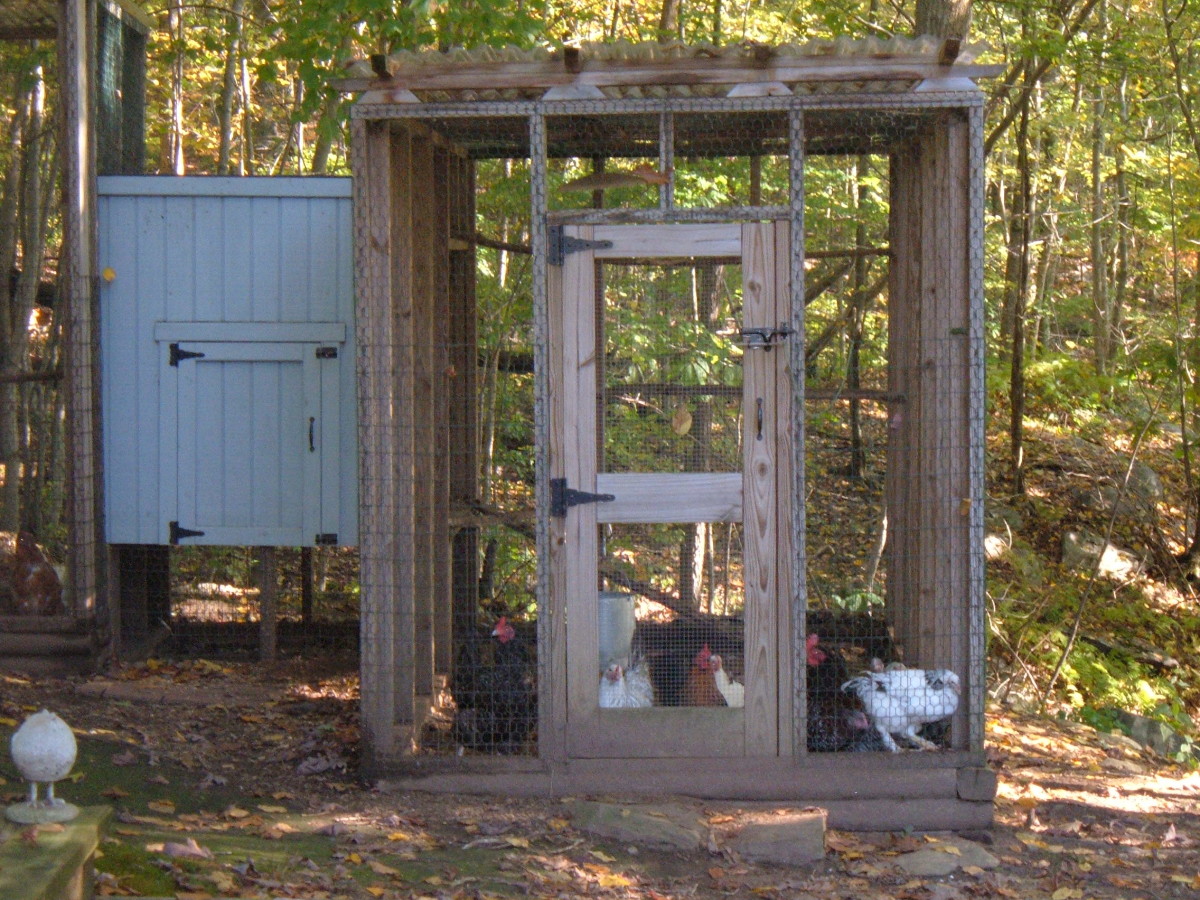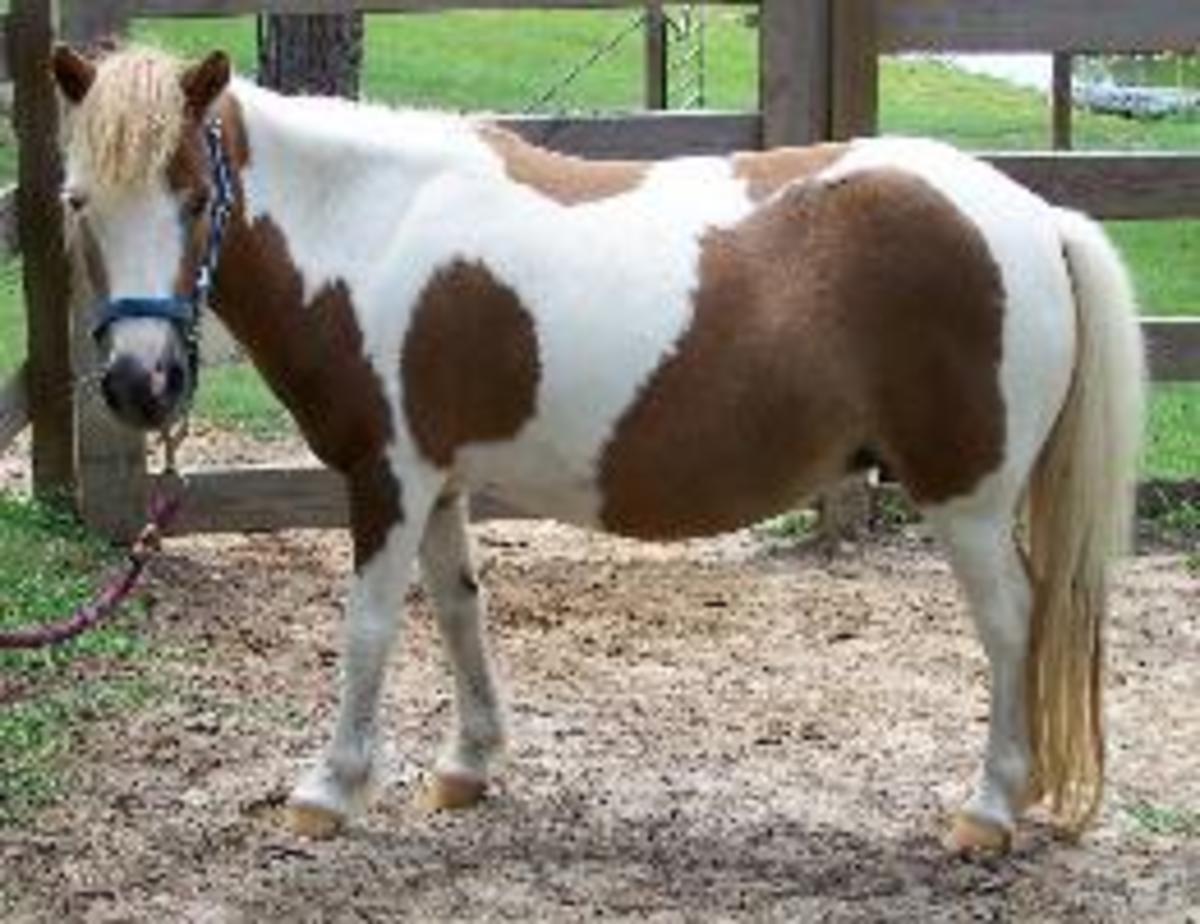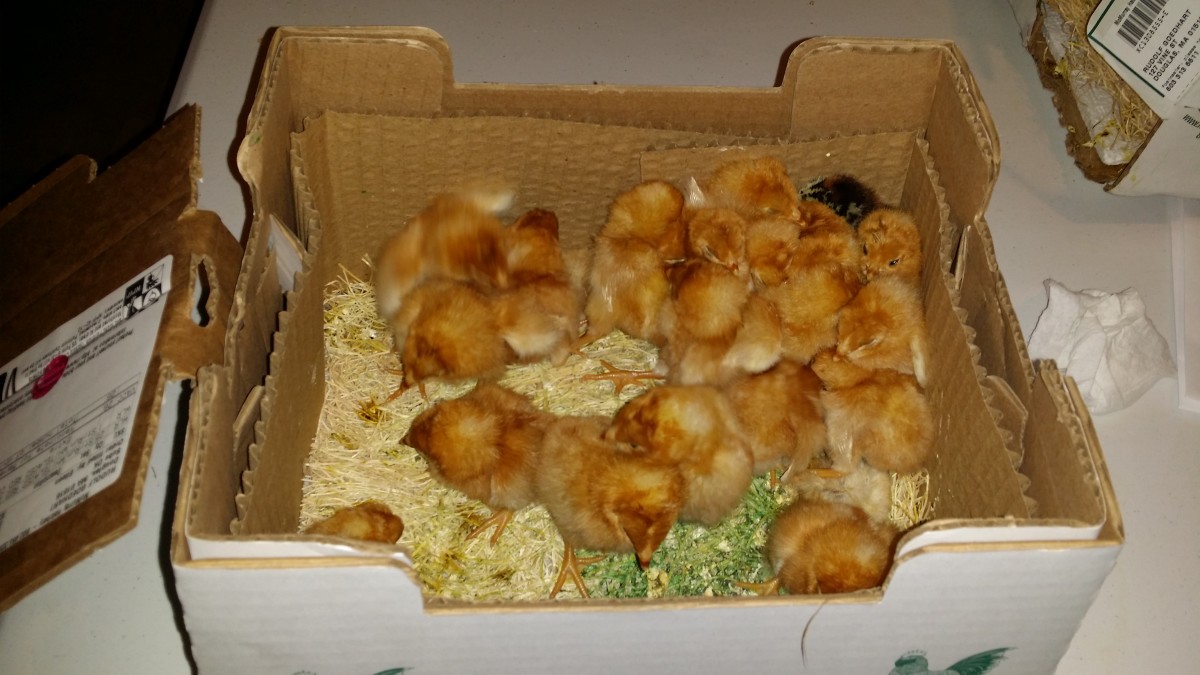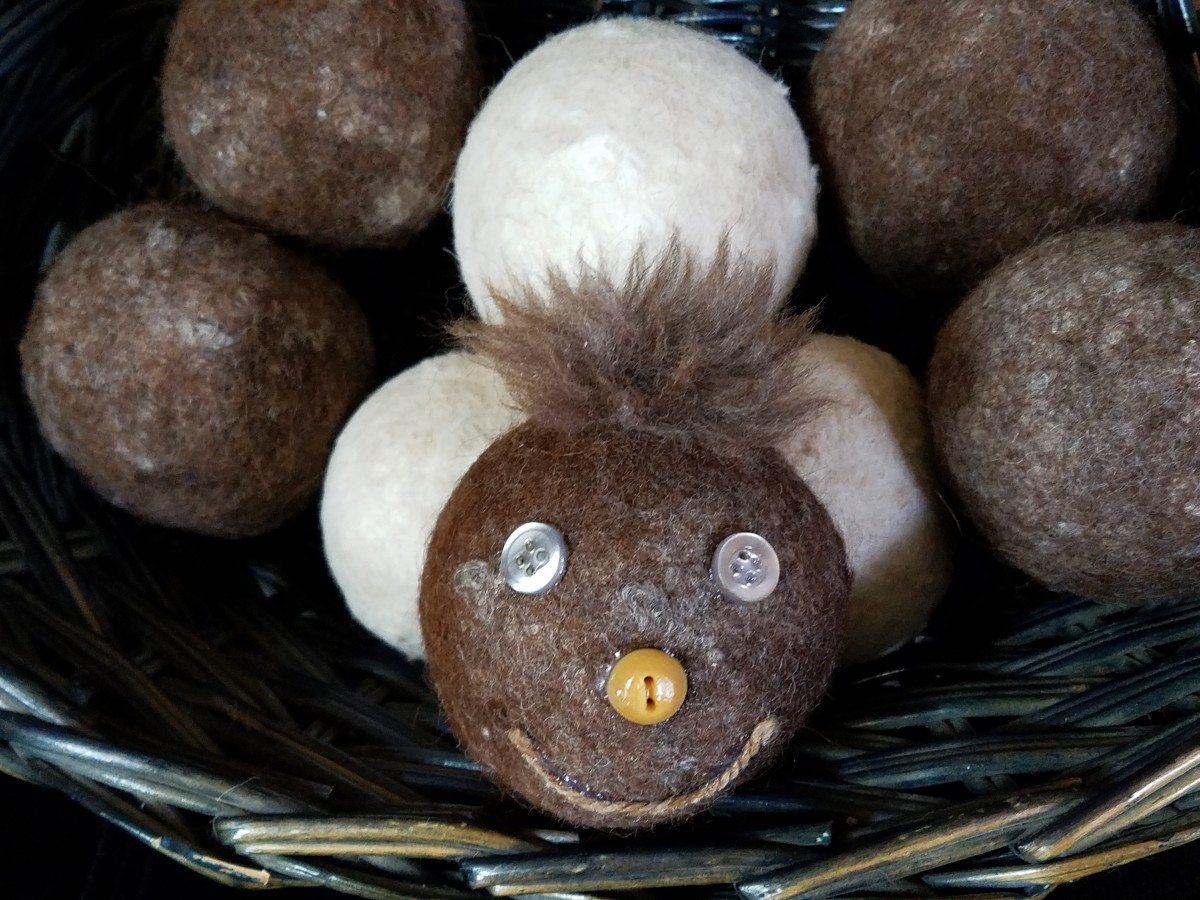Raising Turkeys
When raising any animal it is important to remember not only the characteristics and personalities of the type of animal you are looking to raise, but also the housing, food, and other necessities required to properly keep those animals. It is no different with turkeys. If you are looking to make the most profit from keeping an animal, look no further. Turkey's are some of the best profitable animals you can raise. Turkeys also are very social with their owners. They like attention and can learn and recognize the sound of your voice, making them an attractive choice for a pet as well.
Turkeys are incredibly easy to mange and raise, because their primary food source are bugs and wasted grain that they find wandering the yard. They are in a sense self-sustaining foragers. Turkeys can also be kept with chickens as these two animals get along fairly well together, especially if they have been rasied together since birth.
Turkeys are generally raised for their meat, however their eggs can be eaten as well. They are slightly bigger than chicken eggs and have a richer taste. Turkey's produce eggs at a much slower rate than chickens however, and most of their eggs are fertilized making turkey eggs much more expensive to buy.




Breeds:
Many breeds of turkeys are bred today, however the largest breed in the United States are the Bronze and Narragansett. Other breeds include the White Holland and Bourbon Red turkeys and are said to be the most domesticated in their habits thus leading them to be easier to keep in a smaller roaming area.
The Bronze:
The Bronze is most popular due to their rich color and beautiful plumage. They are the largest and hardiest, and most common type of turkey to raise because they are the most profitable. It is believed that the Bronze turkey is a cross between a wild North American turkey and a domestic turkey.
White Holland:
White Holland's along with the Narragansett are a threatened species of turkey due to the popularity of the Bronze turkey. This historical and distinctive breed is close to extinction, however you can occasionally see them at poultry shows. White Hollands are showy in appearance, with snow feathers and a red to blueish head.
The Narragansett:
Unique to North America this breed merits evaluation for production in sustainable agriculture systems. Traditionally known for their calm disposition, good maternal abilities, early maturation, egg production, and excellent quality meat, they make a useful and beautiful addition to any family farm.
Bourbon Red:
Bourbon Red turkeys have a brownish to dark red plumage with white tail and flight feathers. Bourbon Red's are an attractive bird for exhibition or the backyard, however there is not much information about the Bourbon Red's, and more performance information is needed before they can be promoted for agriculture and backyard breeders.
Housing:
Turkeys flourish when they can roost in the open and have the ability to find shelter in trees. This can become problematic however as they become more vulnerable to predators than if they were confined in a coop or some other form of housing. It is still important to allow turkeys freedom to roam as they need lots of exercise to be healthy and vigorous.
Containing turkeys makes them harder to manage and regulating feeding is more difficult, as they are natural foragers and thrive best on natural foods. Turkeys are also more prone to contracting diseases when not allowed to roam freely.
The best way to house turkeys is to keep them penned up at night, so they can't be preyed upon by predators and allow them freedom during the day. Turkeys can still fly for some distance so it's important to "train" them as poults. When they are young turkeys can learn the boudaries of the property, as they learn this is where they can get a steady food supply they will be less tempted to leave. After turkeys have learned a daily routine you will be able to allow them more freedoms without them flying away.
It is best to keep turkeys in a coop or enclosed pen until they have learned to stay on the property. After the inital learning curve of where they can and cannot go, you can allow your turkeys to roam freely and they will come back to the pen at night.
Trouble with Raising Turkeys:
As with raising any animal you have to be prepared for any mishaps that can happen along the way. Raising turkeys is no different. The most common death among farm raised turkeys are diseases caused by vitamin deficiency and small wet pens. It is important to supplement the diet of raised turkeys with vitamins either through their drinking water or food supply. Turkeys especially poults require a warm dry pen for nesting and roosting. If your pens are wet or not changed frequently enough your whole flock could become diseased. Adaquete space will also alliviate any aggression that may come between any two turkeys. Turkeys can be prone to cannibalism if kept in quarters that are too close, so ensuring you have enough space for each turkey to have their own is a must not only for disease prevention, but also to keep aggression at bay.
Some believe that raising turkeys will make them less intelligent. It has been proven that breeding turkeys will make them more susceptible to disease and death due to poult's not being raised by their mothers. Poult's learn everything from their mothers, so by allowing the hens to raise their own young, you can counteract the common deaths in home raised poults. Hen's can teach their young how to eat and where to stay dry when it rains. Without their mothers help poults will need us to teach them to eat by dying their food green to get them to start pecking at it. Slowly they will learn to eat. Poult's are completely reliant on others in order to survive. However, after about three weeks they will be able to manage on their own.
Turkey's can be a great addition to any farm if properly cared for and allowed the freedom they need to roam and forage for food. On a farm with few wild predators around turkeys could wander a bigger pasture and have housing in smaller trees, which would lower the risk of disease.

